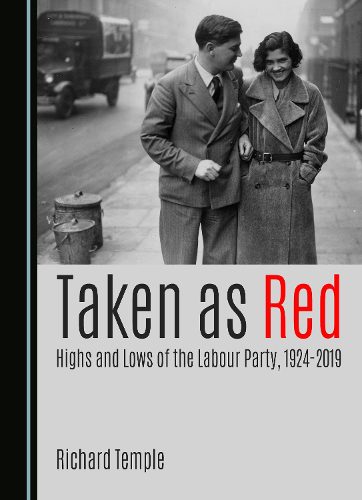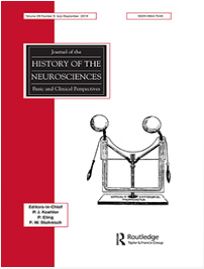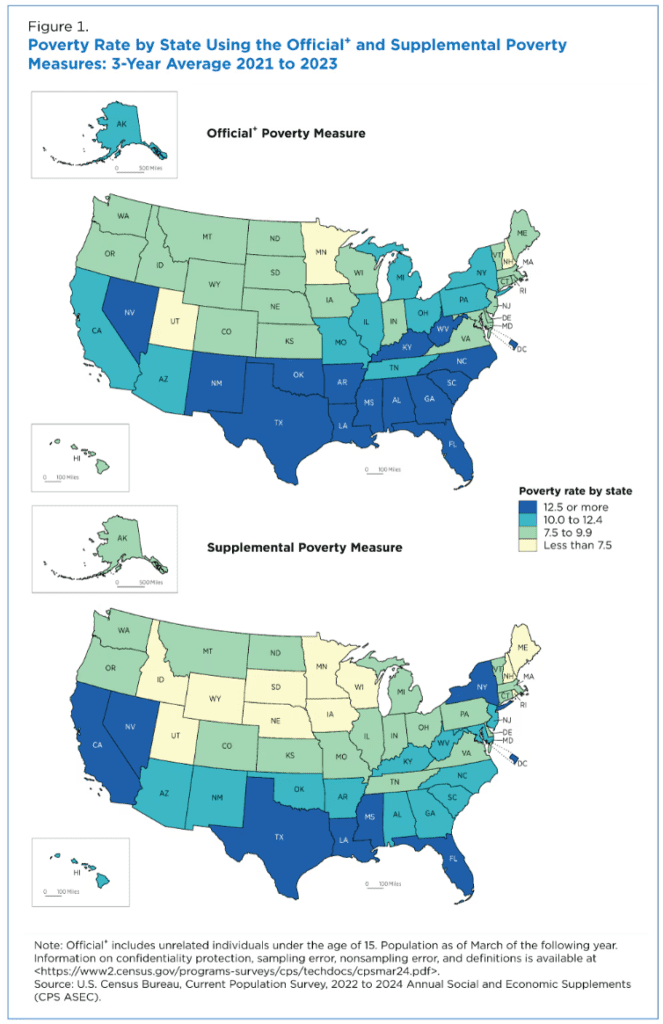
Archive for September 2024
Correlates of HIV treatment adherence self-efficacy among adolescents and young adults living with HIV in southwestern Uganda
Three Myths Hindering Advancements in Public Health
“People that are Supporting [the] Whole Sector are on their Knees”; Uncertainty and Socioeconomic Change are Occupational Stressors for Irish Farmers
Using the Public Health Workforce Calculator as a Planning Tool (But Not the Only Tool)
Taken as Red, Highs and Lows of the Labour Party, 1924-2019

Continuing the Quest to Decrease the Need for Postoperative Opioids
Opportunities and challenges of using a health information system in adolescent health management: A qualitative study of healthcare providers’ perspectives in the West Bank, occupied Palestinian territory
Opioid prescribing requirements to minimize unused medications after an emergency department visit for acute pain: a prospective cohort study [Research]
Sexually Transmitted Diseases and Attention-Deficit/Hyperactivity Disorder: A Systematic Literature Review
From Electric Fish to the Spinal Cord Stimulator: The Historical Journey of Neuromodulation and Analgesia
Pattern Theory of Selflessness: How Meditation May Transform the Self-Pattern
Evaluating research ethics committees in Vietnam and Laos: Results of a validated self-assessment tool
“All About Love”? The Australian Case of Drug Testing Welfare Recipients
Mapping the evidence on dementia care pathways – A scoping review
Clinical and Objective Psychiatric Analyses in Severe Depression. (CALYPSO)
Increased homicide played a key role in driving Black-White disparities in life expectancy among men during the COVID-19 pandemic
Hikikomori (引きこもり): Ancient term, modern concept

Supplemental Poverty Measure Below Official Poverty Rate in 32 States

Prevalence and associated factors of cigarette smoking and substance use among university entrance test-taking students: A GIS-based study
Online CBT Versus Standard CBT for Pediatric Obsessive-Compulsive Disorder
Anticipating Stress During the COVID-19 Pandemic: Mental Health Among Latinx Young Adults
Application of Positive Psychology in Digital Interventions for Children, Adolescents, and Young Adults: Systematic Review and Meta-Analysis of Controlled Trials
Using Administrative Data to Evaluate Nonresponse Bias in the 2024 Current Population Survey Annual Social and Economic Supplement
Glass Ceilings and Ivory Towers: Gender Inequality in the Canadian Academy

Personality traits and self-control: The moderating role of neuroticism
Motivating the Learning Process: Integrating Self-Determination Theory Into a Dynamical Systems Framework
Screen Time Soars and Vision Suffers: How School Closures During the Pandemic Affected Children and Adolescents’ Eyesight
Speaking to the public in a pandemic: Jason Leitch
